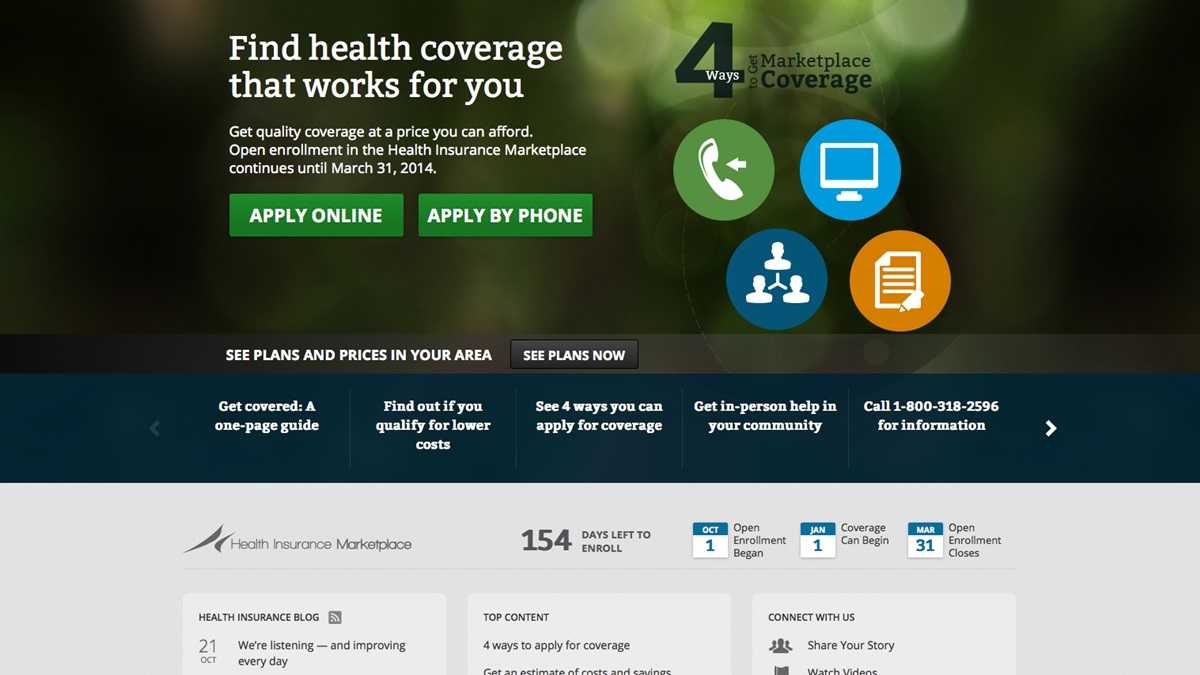Outreach groups ‘hit the pavement’ as health insurance deadline nears
Listen
(AP Photo/U.S. Department of Health and Human Services)
With the March 31 enrollment deadline approaching, government leaders and health advocates are pulling out all sorts of tricks to get the word out.
The approaching March 31 deadline to enroll in health insurance through the Affordable Care Act has government leaders and health advocates alike pulling out all sorts of last minute tricks to get the word out: anything from enroll-a-thons to cat memes. And of course, there was President Obama subjecting himself to some very awkward questioning from comedian Zach Galifianakis.
In Philadelphia, groups are even going door-to-door.
Scenes from the street
“We’re trying to reach as many people as possible,” says Jennine Miller, policy director at the social service agency, Project HOME.
It’s chilly and overcast late Tuesday afternoon when Miller meets up with volunteer Kenyetta Parham and community health worker Loretta Dredden. They’re suited up in neon yellow vests with “OUTREACH” stamped on the back. Clipboards in hand, they go door to door for several blocks in one north central Philadelphia neighborhood.
“They need to get with it!” Parham says, approaching a block of untapped row houses. “This is the first time I’ve done something like this for the community,” she adds.
No one answers at the first few houses, so Parham leaves door hangers with enrollment information on them. The group’s strategy involves taking voter registration lists, asking for people by name, and then noting whether they’re insured. Another goal, says Miller, is to connect people with additional services, if appropriate.
A neighbor, who’s also a part-time staffer at Project HOME and a recent enrollee in health coverage through the ACA, approaches and gives everyone the scoop on who’s home and who no longer lives on the block.
A few doors down, Parham climbs some icy steps and knocks on a door. She waits. A man opens the front door.
“We’re trying to get the word out about people getting insured through the Affordable Care Act,” Parham says.
The man nods, standing behind the screen door, and explains that the people Parham inquired about from her voter list are not home. They exchange a few more words, Parham leaves information at the door, and steps away. Then she turns to Dredden and Miller. “I should have asked him if he’s insured.”
“Well, he was in his pajamas,” Miller responds. The three agree it’s best to move ahead.
On to the next door.
Phone banking
In Center City, Philadelphia, a handful of volunteers equipped with cell phones and call lists are set up at tables at Enroll America’s Pennsylvania headquarters. It’s just after 6 p.m. and 44-year-old Debbie Evangelisti makes her third call of the evening.
Someone picks up.
“Hi, I’m a volunteer with Get Covered America,” she says, amid a background of chatter from other volunteers making calls. “We talked to you a while back about your new health insurance options under the affordable care act, and I wanted to be sure you have all the information you need because time is running out and March 31 is the enrollment deadline.”
Since October, organizers and volunteers have collected contact information from thousands of Philadelphia residents who’ve expressed interest in health insurance. Now volunteers like Evangelisti are calling them back and providing additional resources and information. And, they may do so multiple times, based on the idea that people often need several reminders before they’re ready to enroll.
Annoying, perhaps?
“Of course people are humans, and you might get people who are in the middle of their favorite movie or something,” says Gregory Young, a field organizer with Get Covered America focused on West Philadelphia.
Young says this isn’t cold calling, so when people find out why he’s calling, “you feel any kind of ice barrier breakdown,” he says. “A lot of times people will say ‘wait, hold on.’ Let me get a pen so they can take down a phone number or figure out where they can go in person.”
The response
Federal health officials are aiming for six million enrollments nationwide come March 31. Recently, sign ups reportedly surpassed five million. But despite some groups’ best efforts, polling from The Kaiser Family Foundation indicates many of those who might be eligible don’t know about the law and their options. Half of the respondents to the group’s February survey reported not having enough information to understand how the law will impact them, about a quarter said they know nothing at all about the health care marketplaces and three quarters responded that they knew nothing about the upcoming deadline.
As of March 1, about 160,000 Pennsylvanians have selected plans, out of an estimated 300,000 residents who may be eligible for coverage.
Miller, meanwhile, has seen some promising signs of Project HOME’s efforts. At least two people have responded to door hangers from earlier in the week, making appointments to meet with application counselors at her agency. In the meantime, she and volunteers aim to hit the pavement and reach more than 2,000 people through going door-to-door in the next week and half.
On the flip side, local enrollment specialists are juggling an uptick in requests for help in recent weeks.
“There’s definitely a last minute rush,” says Caroline Picher, a certified navigator with Resources for Human Development. After helping someone enroll over the course of an hour and a half Wednesday morning, Pitcher says she’d missed seven calls from others trying to be seen.
Her colleague and RHD’s only bilingual navigator, Tilda Elias, can also attest to the surge. “They just kept coming through the door,” she recounts of last Tuesday’s walk-in hours at the Free Library’s northeast branch. Elias says she had to reschedule 13 families for later appointments.
“It’s intense, but it’s nice to see it work.”
WHYY is your source for fact-based, in-depth journalism and information. As a nonprofit organization, we rely on financial support from readers like you. Please give today.



